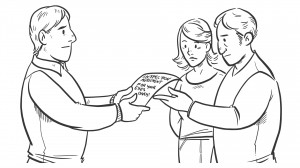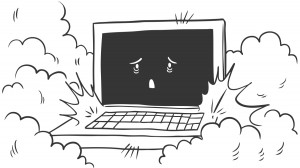Managing Risk with E&O Insurance for Home Inspectors
A home inspector in Texas recently asked me via email what I thought “about the efforts to have the Texas Inspector E & O mandate rescinded” which was my first notice that such an effort was afoot. Evidently the Texas Professional Real Estate Inspection Association (“TPREIA”) had succeeded in having a bill to do just that introduced into the Texas Legislature.
Anyone who has been “stalking me,” as one HI who recently connected with me on LinkedIn put it, for any length of time surely knows that I am no fan of government mandates. In general. So, bully for TPREIA for taking the laboring oar on an issue that is a major concern to its membership.
Should home inspectors protect themselves from their nutty clients? Of course. And only those who are nuttier than their clients do not take some protective measures: tightening their pre-inspection agreements, contractually limiting their maximum monetary exposure [where permitted, of course, as many jurisdictions do not allow this], issuing short-term warranties, friending the Home Inspector Lawyer, and purchasing errors and omissions insurance for home inspectors.
(more…)

 Sellers are encouraged to obtain home inspections prior to listing their house for sale.
Sellers are encouraged to obtain home inspections prior to listing their house for sale. Instead of using a lot of paper, rely on an electronic version for your own records. There are various free electronic storage options that are beneficial to home inspectors, who are looking to store 250-plus inspection reports, along with corresponding photographs.
Instead of using a lot of paper, rely on an electronic version for your own records. There are various free electronic storage options that are beneficial to home inspectors, who are looking to store 250-plus inspection reports, along with corresponding photographs.